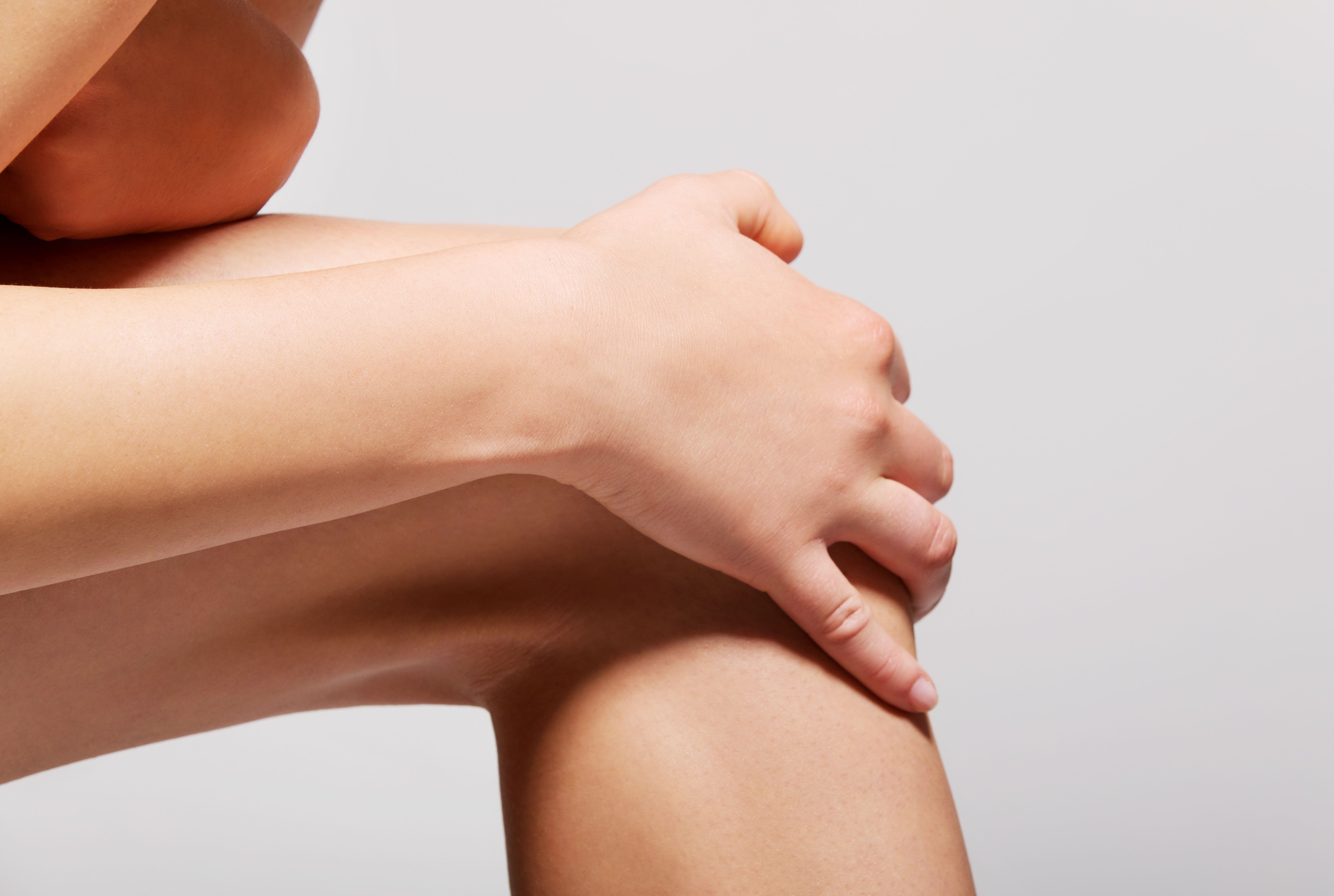Bimekizumab Provides Long-Term Skin Clearance in Moderate-to-Severe Plaque Psoriasis
Results from the BE BRIGHT open-label extension (OLE) study indicated that patients receiving bimekizumab to treat their moderate-to-severe psoriasis were able to achieve and maintain complete skin clearance and improve and maintain quality of life through year 3.

“These positive results highlight the deep and long-lasting skin clearance achieved with bimekizumab, along with a consistent safety and tolerability profile, and reinforce the positive relationship clearing skin has on patients’ quality of life,” said Emmanuel Caeymaex, Executive Vice President, Immunology Solutions and Head of US, UCB, in a statement. “These new data add to the growing body of evidence supporting longer-term use of bimekizumab in moderate-to-severe plaque psoriasis.”
The ongoing, multicenter BE BRIGHT OLE study evaluated the long-term safety, tolerability, and efficacy of bimekizumab in adult patients with moderate-to-severe plaque psoriasis who had completed 1 of 3 previous phase 3 studies (BE SURE, BE VIVID, or BE READY). Patients in the extension study received either bimekizumab 320 mg every 4 weeks (Q4W) or every 8 weeks (Q8W), based on their PASI 90 response at the end of the previous study.
Complete skin clearance was measured by the Psoriasis Area and Severity Index (PASI) 100. In all bimekizumab-randomized patients, results showed that of those who had achieved complete skin clearance after 16 weeks of bimekizumab treatment, 82% were able to maintain PASI 100 response through week 96. They were also able to maintain health-related quality of life, as measured by Dermatology Life Quality Index (DLQI) 0/1 through 3 years with continuous dosing. Further, roughly 9 out of 10 (89.3%) patients who were able to achieve absolute PASI (PASI ≤2) at week 16 (N = 694) maintained this response though the entire study period.
For bimekizumab-randomized patients in the BE SURE and BE READY studies who were PASI 100 responders at week 16, 93.6% were able to achieve PASI 100 at week 52 and 84.4% maintained these results through week 96. Of the PASI ≤2 responders, 98.9% maintained this response at week 52 and 96.8% at week 96. Nearly all (92.5%) of PASI 100 responders were able to achieve DLQI 0/1 at year 3.
During this time, bimekizumab, a humanized monoclonal IgG1 antibody designed to selectively inhibit both interleukin 17A (IL-17A) and interleukin 17F (IL-17F), remained well-tolerated and no new safety signals were identified. The most common adverse events were nasopharyngitis, upper respiratory tract infection, and oral candidiasis. However, the exposure-adjusted incidence rate (EAIR) of oral candidiasis decreased from year 2 to year 3 (12.6 vs 10.2 new cases per 100 patient-years [PY]) and was lower in those receiving Q8W when compared with Q4W (7.1 and 15.9 per 100 PY, respectively). Serious TEAEs were reported at an EAIR of 5.6 new cases per 100 PY and serious infections occurred at a rate of 1.2 cases per 100 PY.
“The findings presented today show that bimekizumab provided maintenance of completely clear skin and health-related quality of life outcomes in the majority of patients with moderate-to-severe plaque psoriasis over a three-year period,” Bruce Strober, MD, PhD, Clinical Professor of Dermatology at Yale University, stated. “The goal of psoriasis treatment often is complete clearance of skin symptoms, and the availability of long-term data across treatment options is important since it supports healthcare providers and patients to be more informed when making treatment decisions.”
The findings were announced at the European Academy of Dermatology and Venereology (EADV).